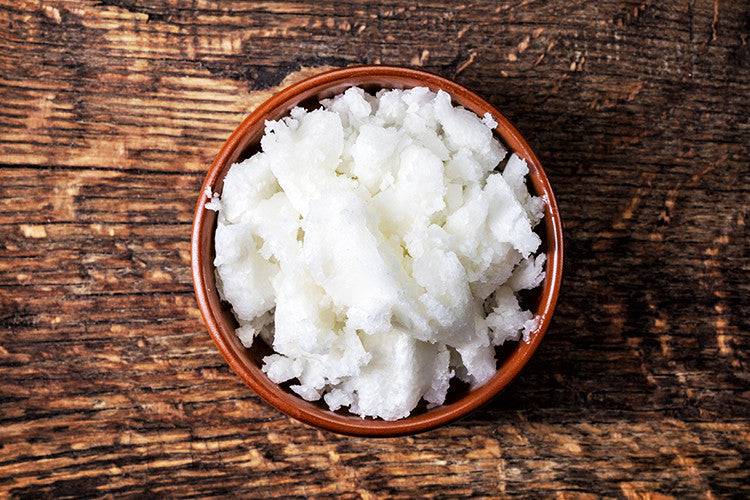
If you’ve been hanging around the whole foods community much, you’ve most likely heard about the many benefits of coconut oil. With all the references made to this beneficial oil, the medical community ostracized coconut oil for its fat content; however, it is making a strong comeback with sales presently going through the roof.
The Rising Demand of Coconut Oil
Prior to 2014, less than half a million liters of coconut oil were sold each year and now, more than 200 million liters a year are being sold. Keeping those growth numbers in mind, it’s also important to remember that coconut oil is typically grown in Southeast Asia where there are virtually no labor laws or ethics laws controlling how food is harvested and picked.
In the case of coconuts, many countries in Southeast Asia use abused monkeys (mainly macaques) to pick coconuts due to their agility and ability to quickly climb. Sent to training schools and chained at the neck, macaques typically pick anywhere from 300 to 1000 coconuts each day, being forced to do so day in and day out. Sadly, since vegan recipes and products use coconut oil and the demand for vegan products is consistently on the rise, the demand for production has dramatically increased as well, which means more chained up and abused monkeys will be helping to produce your coconut oil.
How to Know if Your Coconut Oil is Ethically Produced
A great way to know whether or not the coconuts used were ethically harvested and grown is by looking at the label of your coconut oil to see where it comes from. If it says ‘Made in Thailand’, then the coconuts were picked by enslaved macaques since 99% of coconuts are picked by monkeys in Thailand. If the label doesn’t say anything, then research the company. You’ll most likely find the answers you’re looking for.
Which brands are ethically produced?
The great news is, there are still a few companies that use a strong code of ethics to produce organic coconut oil. Among the many brands, Niugini coconut-based products use coconuts that are ‘wild harvested’ and what this means is, their farmers do not plant out, or use a plantation style of agriculture; therefore, wild harvest does not alter the natural environment in any way, and this is important to companies like Niugini.
All Niugini farmers are independent and are based out of Papua New Guinea—in the Gazelle Peninsula of East New Britain Island—Australia’s closest neighbor. Perhaps one of the most important features of their coconut oil products is the fact that their farmers do no use monkeys because no monkeys exist there, and they don’t pick the coconuts; farmers let them fall to the ground and pick them up within a month to ensure the right maturity to press the oil.
Additionally, whenever Niugini products are sold, they support African communities in need and ethically sustain independent farmers. Other products with similar initiatives and that are ethically produced are the Alaffia range of products and the Niulife products, all of which can be found for sale in our online catalogue.
Coconut oil benefits can be enjoyed by all while supporting ethical production and building communities in need. To view our fair trade coconut oil products, please click here.
